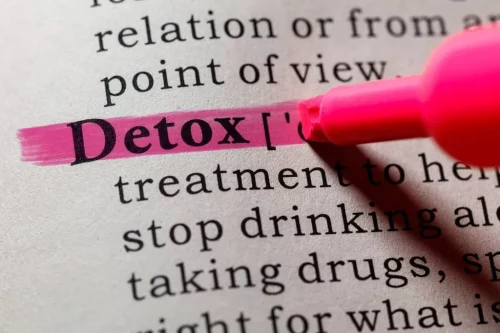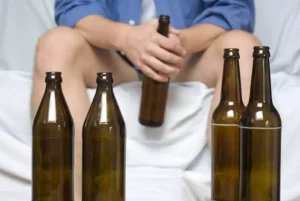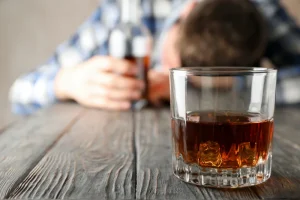
Let a close friend know that you need an accountability partner to attend an event with you. Let family and friends know in advance that you won’t be drinking alcohol at the event. Part of maintaining an active and engaged sober lifestyle involves change. Assuming holidays or certain family traditions have to be the way they have always been, can derail success. It’s okay to do something different, to change locations, to change who you celebrate with or the amount of time you spend at a specific event. Consider celebrating a difficult holiday by marking something off your “bucket list,” doing some needed self-care or volunteering to help others.
Overcoming Holiday Triggers – Tips & Tools for Recovery That Works!
With a little imagination and planning, you can enjoy the festivities without risking everything you have worked so hard to achieve. Those in recovery must be willing to focus on the H.A.L.T. philosophy. Originating with the Alcoholics Anonymous (AA) program, H.A.L.T. is one of the AA sayings and is a useful acronym for identifying potential relapse triggers. When things are bad, one of the factors is the root cause of the triggers and cravings you are feeling. You must examine yourself to see if you fall into one of these four categories. Remember, doing a H.A.L.T. check-in will not solve all your issues.

A Framework for Staying Sober Through the Holidays in Early Recovery
- If you are alone and in an uncomfortable situation, you can always pick up the phone and call someone in your network.
- Even if being without your family is a choice made for your well-being, spending the holidays without family can still be difficult.
- Ask if they’d like to invite someone or invite others who do not drink.
- If you or a loved one is struggling with addiction or ongoing recovery, The Recovery Village Columbus can help in many ways.
- You may be alone by necessity, because you are unable to travel, or because your family is not available.
- Make them feel included in plans and if you know they are struggling, suggest they attend a meeting or call a sponsor.
- We are dedicated to providing you with valuable resources that educate and empower you to live better.
Sometimes during the holiday parties we walk into a situation that ends up being more than we bargained for. When cousin Jimmy walks in smelling like weed, it might be more overwhelming than you anticipated. This is normal, but it’s reframing holidays in early recovery good to have an idea of what you’ll do when things get rough. Don’t have friends or family to be spending the holidays with? Read Kali’s story, Alone on Christmas, for strategies on how to cope when spending the holidays alone.
- We strive to create content that is clear, concise, and easy to understand.
- Disconnections within the family setting are commonplace, but that doesn’t mean you, at this vulnerable time in your life, need to step into the fray.
- There, they will encounter family members and coworkers who like to drink and who do so with abandon, and these gatherings can last hours.
- Additionally, you may want to rearrange your treatment schedule if you are planning to attend holiday gatherings.
Talk these things through with your parents or immediate family
- • If you’ll be seeing relatives who don’t know your family member has just completed treatment, prepare beforehand as to who will communicate the information in a way your family member is comfortable.
- As I have already mentioned, family members have many questions about how to act and what to do around a loved one in early recovery.
- You will constantly have to work on yourself to realize the value of recovery and, you are worth the work.
- Peer Engagement Specialists and Family Navigators have lived experience and expertise to guide individuals/families through difficult situations and help to initiative the healing process.
- If you are in early recovery, you might think that celebrating the holidays is going to look quite different than in recent years.
- Learning to survive the holidays without family is a way to learn how to stand on your own.
A relapse can be defined as a return to substance use or behavior after receiving treatment. Multiple studies have suggested that relapse rates of 50% within the first 12 weeks after completion of intensive inpatient programs (lasting 4-12+ weeks). The global pandemic cast a wide net of conflicts, division, and fear among the population.

Make sure they understand that it is perfectly OK to miss the celebration if that is what is best for their recovery. It’s better to miss them this time around in order to increase the likelihood that they will be alive, well, and able to participate in future events. Have a plan for saying “no” to offers of drugs or alcohol, especially when people ask why you aren’t partaking or are pressuring you.
- This principle will cover so much more than one might imagine if it is bravely pursued.
- After individuals spend some time identifying potential relapse triggers, they must also identify effective ways to manage those triggers.
- Just as recovery is one day at a time, you must be willing to take on your tasks one at a time and not allow yourself to overdo things.
For young people in recovery

What Addiction Treatment Does Anthem BCBS of Ohio Cover?
Making a Plan to Navigate the Holidays
